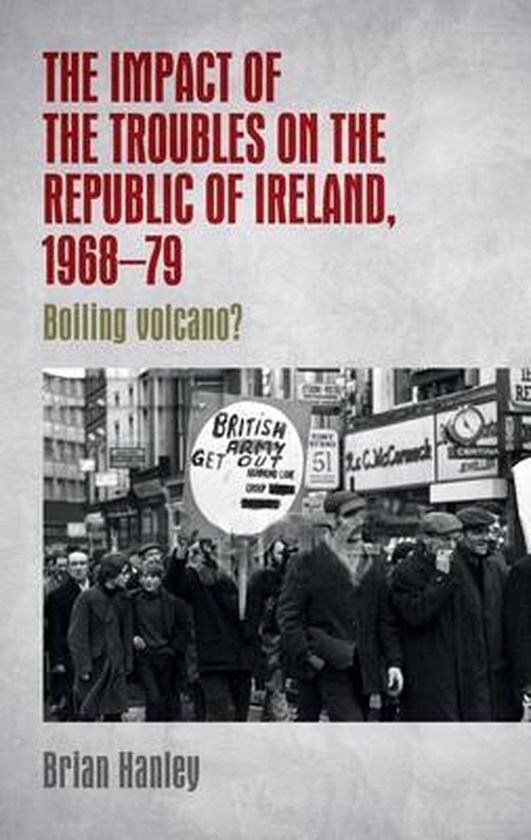
The Impact of the Troubles on the Republic of Ireland, 1968–79
This timely history examines how those in Southern Ireland viewed and responded to the Troubles. With Brexit generating renewed discussion about the Irish border and Irish unity, it vividly highlights the terrible human cost and the underlying tensions that continue to shape Irish politics today.
Brian Hanley draws on a rich vein of archival material looking at the everyday lives of Irish citizens, to show how thousands mobilized in solidarity with northern nationalists over the first four years of the conflict -- beginning with the 1968 Civil Rights March in Derry. He animates the reaction to Bloody Sunday and explains how fear of the conflict spilling over produced a growing estrangement from the North and its problems.
Taking the reader through the battles between successive governments and republicans over security, the experience of northern refugees, the impact of the crisis on southern Protestants and popular views of the IRA, Hanley makes sure to foreground the experience of the communities affected.
This book serves as a stark reminder of how the Northern conflict almost destabilized the southern state.
The first book to examine in detail the impact of the Northern Irish Troubles on southern Irish society. This study vividly illustrates how life in the Irish Republic was affected by the conflict north of the border and how people responded to the events there. It documents popular mobilization in support of northern nationalists, the reaction to Bloody Sunday, the experience of refugees and the popular cultural debates the conflict provoked. For the first time the human cost of violence is outlined, as are the battles waged by successive governments against the IRA. Focusing on debates at popular level rather than among elites, the book illustrates how the Troubles divided southern opinion and produced long-lasting fissures.
| Auteur | | Brian Hanley |
| Taal | | Engels |
| Type | | Paperback |
| Categorie | | Mens & Maatschappij |